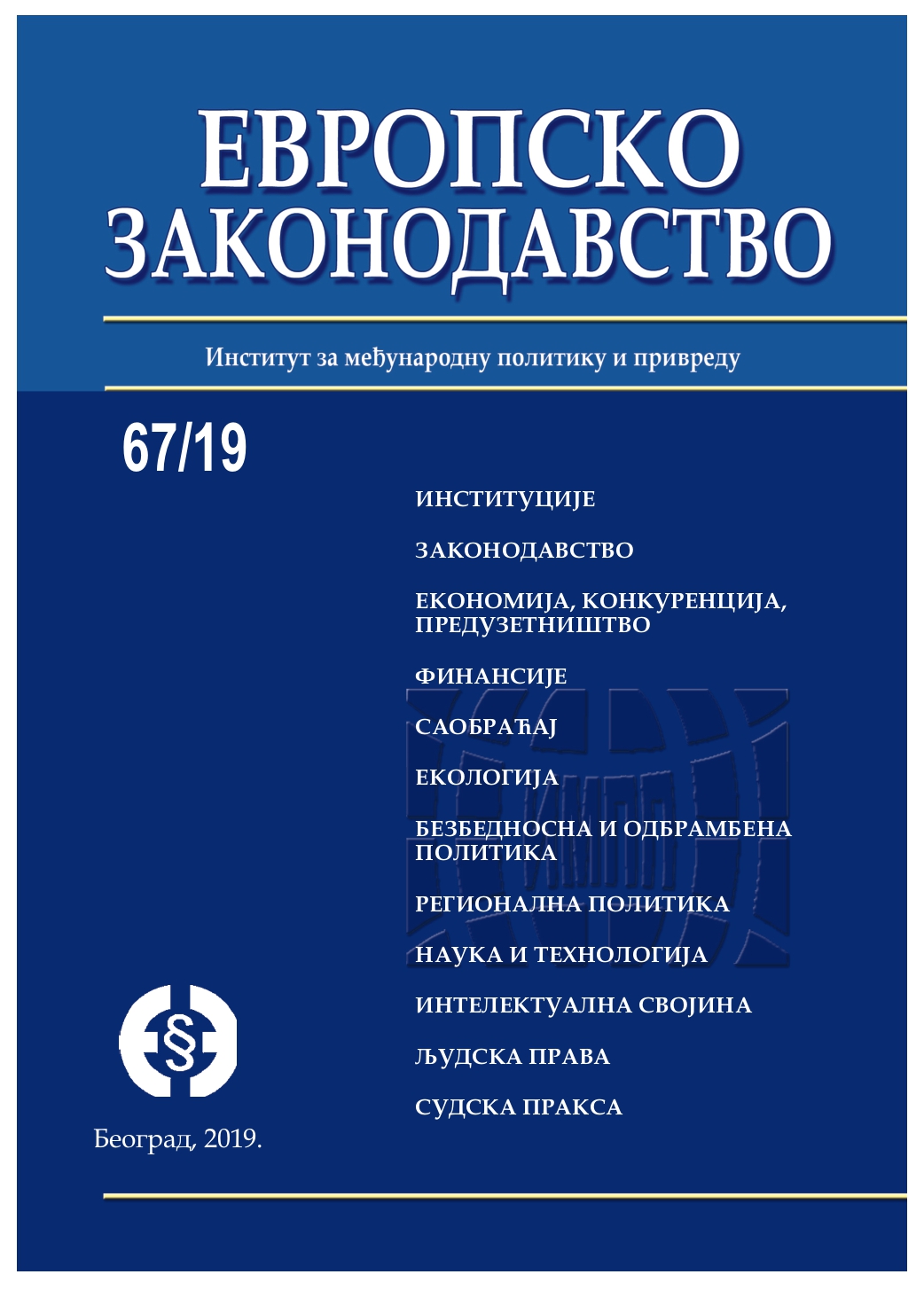Забрана враћања због неадекватне здравствене заштите у пракси Суда правде Европске уније
The non-refoulement principle in the absence of adequate health care in the country of return - practice of the Court of justice of the European Union
Author(s): Anđela ĐukanovićSubject(s): Law, Constitution, Jurisprudence, Human Rights and Humanitarian Law, EU-Legislation
Published by: Институт за међународну политику и привреду
Keywords: Court of Justice of the European Union;European Court of Human Rights;subsidiary protection;non-refoulement principle;human rights;asylum;health care
Summary/Abstract: Application of the non-refoulement principle in the cases in which the risk of returning a seriously ill person emanates from the lack of adequate means for treatment in the country of return has developed relatively recently, first before the European Court of Human Rights and then before the Court of Justice of the EU. The inclusion of these cases involves the expansion of the non-refoulement principle. In addition to the request that the risk of persecution must emanate from the State authorities, or in some cases from persons who are not public officials, this type of cases implies that the risk also stems from the socioeconomic conditions in the country of return. However, since the third type of risk is very general in nature, it was interpreted very restrictively and linked to the notion of very exceptional circumstances and compelling humanitarian grounds. The application of the principle of non-refoulement in such cases was explained to some although limited extent in recent practice of the European Court of Human Rights. The Court of Justice of the European Union has followed this scarce practice of the European Court of Human Rights. However, the risk of deterioration in the health of a third country national suffering from a serious illness as a result of inappropriate treatment in his country of origin is not sufficient to warrant subsidiary protection secured by Directive 2011/95/EU, unless that third country national is intentionally deprived of health care. This means this person will be allowed to reside in the territory of the Member State, but will not be granted subsidiary protection status.
Journal: Европско законодавство
- Issue Year: 2019
- Issue No: 67
- Page Range: 339-356
- Page Count: 18
- Language: Serbian

